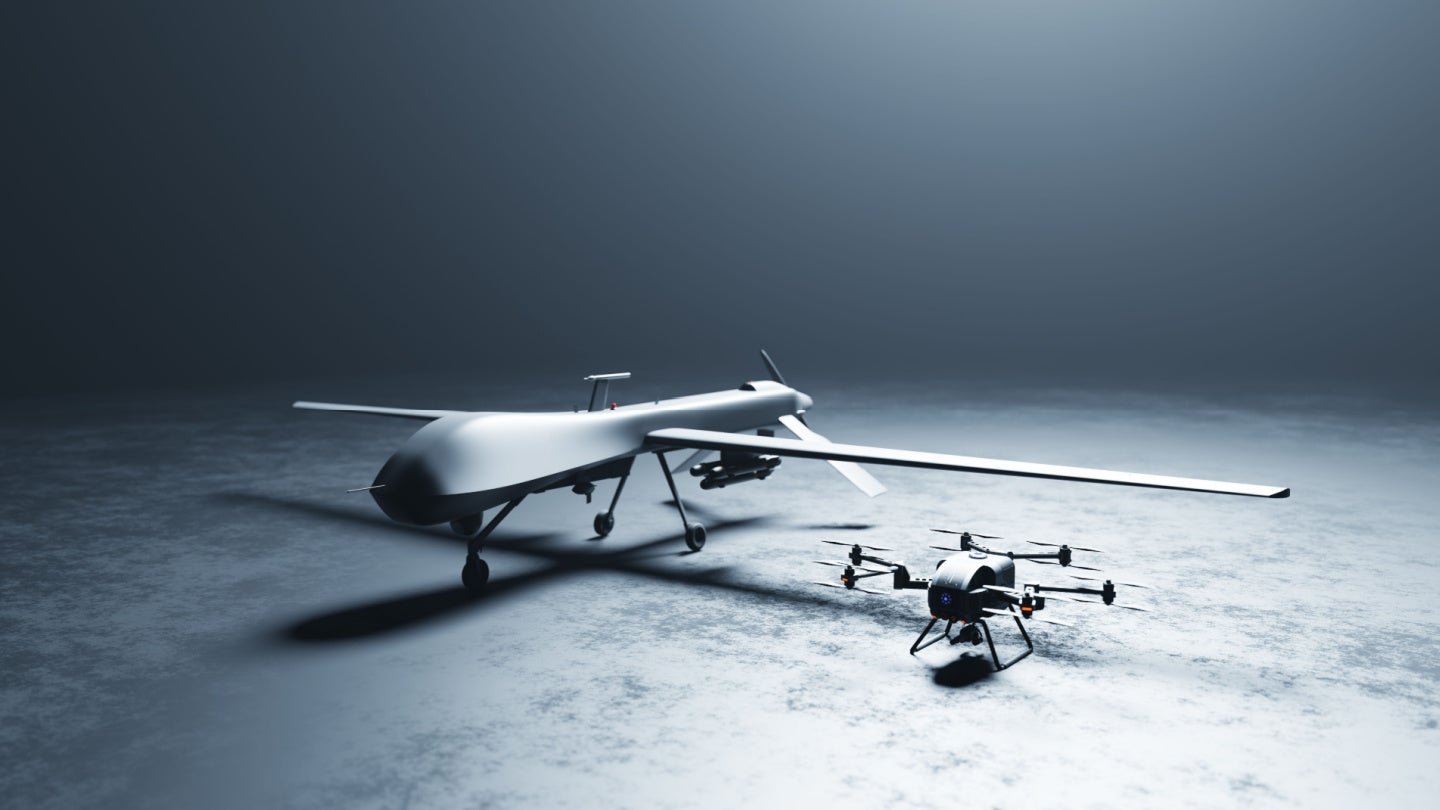According to GlobalData’s Technology Foresights, which uses over 206,000 patents to analyze innovation intensity for the aerospace and defense industry, there are 110 innovation areas that will shape the future of the industry.
Drone energy harvesting is a key innovation area in drones
Drone energy harvesting refers to the process of capturing and utilizing energy from external sources to power drones. This includes methods such as recharging the drone’s battery using autonomous recharging vehicles, converting mechanical energy from propeller drives into electrical energy, and implementing hybrid electric drive systems in air vehicles. The goal is to maximize the flight time and operational efficiency of drones by reducing the reliance on traditional power sources. This approach not only extends the operational range of drones but also reduces the logistical burden associated with frequent battery replacements. As technology continues to advance, the integration of innovative energy harvesting solutions into unmanned aerial vehicle (UAV) design holds great promise for enhancing the efficiency and autonomy of unmanned systems in aerospace and defense operations.
GlobalData’s analysis also uncovers the companies at the forefront of each innovation area and assesses the potential reach and impact of their patenting activity across different applications and geographies. According to GlobalData, there are 370+ companies, spanning technology vendors, established aerospace and defense companies, and up-and-coming start-ups engaged in the development and application of drone energy harvesting.

Key players in drone energy harvesting – a disruptive innovation in the aerospace and defense industry
‘Application diversity’ measures the number of applications identified for each patent. It broadly splits companies into either ‘niche’ or ‘diversified’ innovators.
‘Geographic reach’ refers to the number of countries each patent is registered in. It reflects the breadth of geographic application intended, ranging from ‘global’ to ‘local’.
Patent volumes related to drone energy harvesting
Boeing is one of the leading patent filers in the drone energy harvesting segment. The company, through its subsidiary Aurora Flight Sciences, filed patents related to battery power systems and methodologies, particularly those well-suited for aircraftt and hybrid propulsion systems.
Some other key patent filers in this space include RTX (Raytheon Technologies), AeroVironment and Rolls-Royce.
In terms of application diversity, Wisk Aero, Raytheon Technologies and Textron are some of the leading innovators. By means of geographic reach, some of the leading patent filers include Safran, Boeing and Airbus.
To further understand the key themes and technologies disrupting the aerospace and defense industry, access GlobalData’s latest thematic research report on Drones in Aerospace and Defense.
From
The gold standard of business intelligence.
Blending expert knowledge with cutting-edge technology, GlobalData’s unrivalled proprietary data will enable you to decode what’s happening in your market. You can make better informed decisions and gain a future-proof advantage over your competitors.










